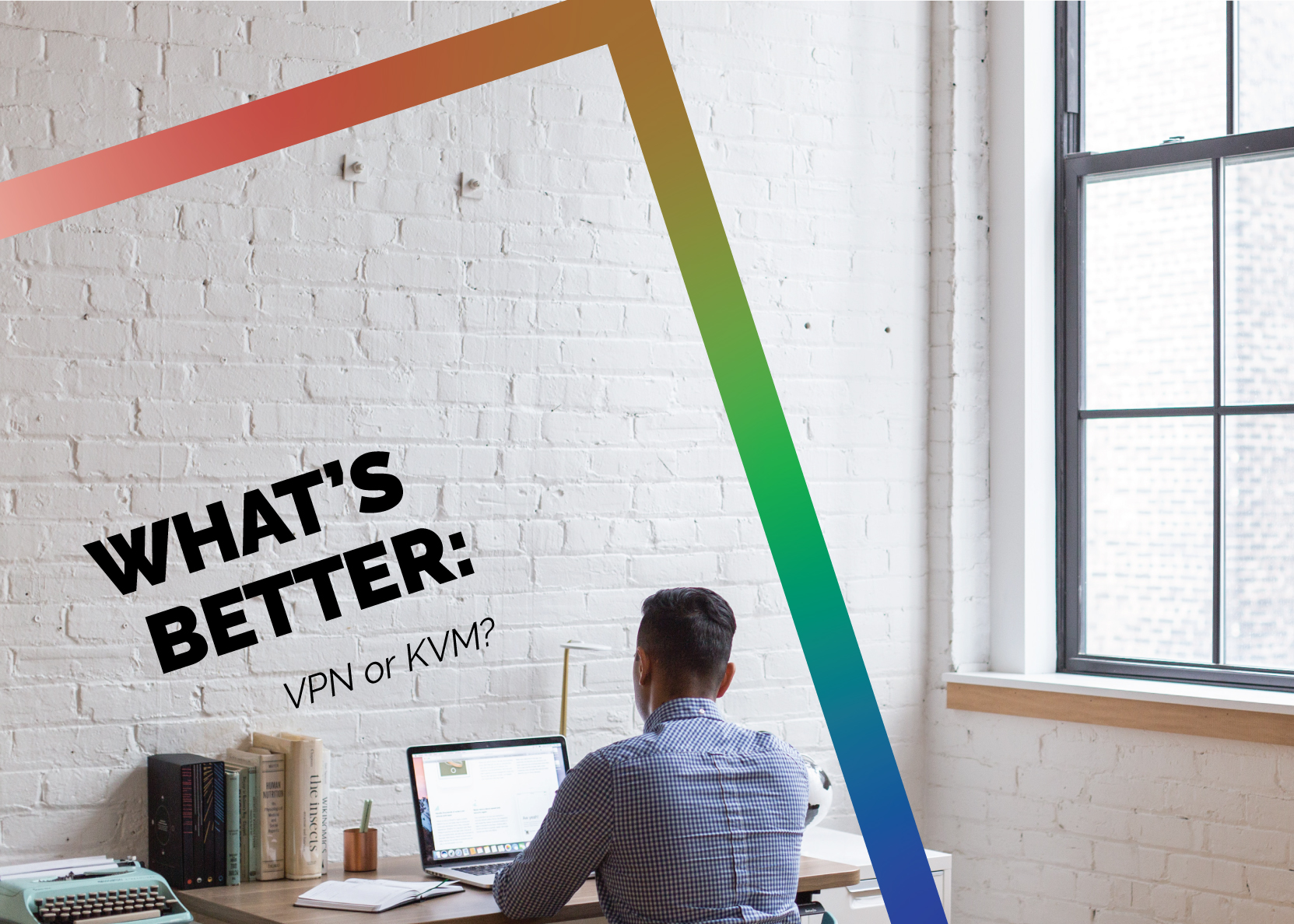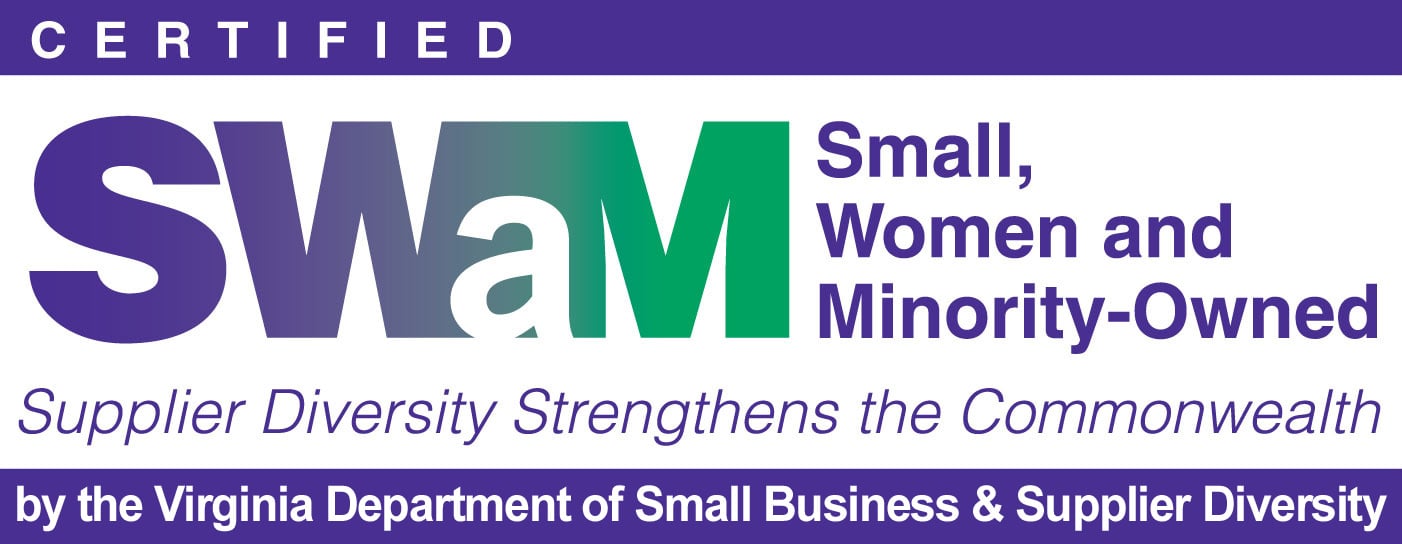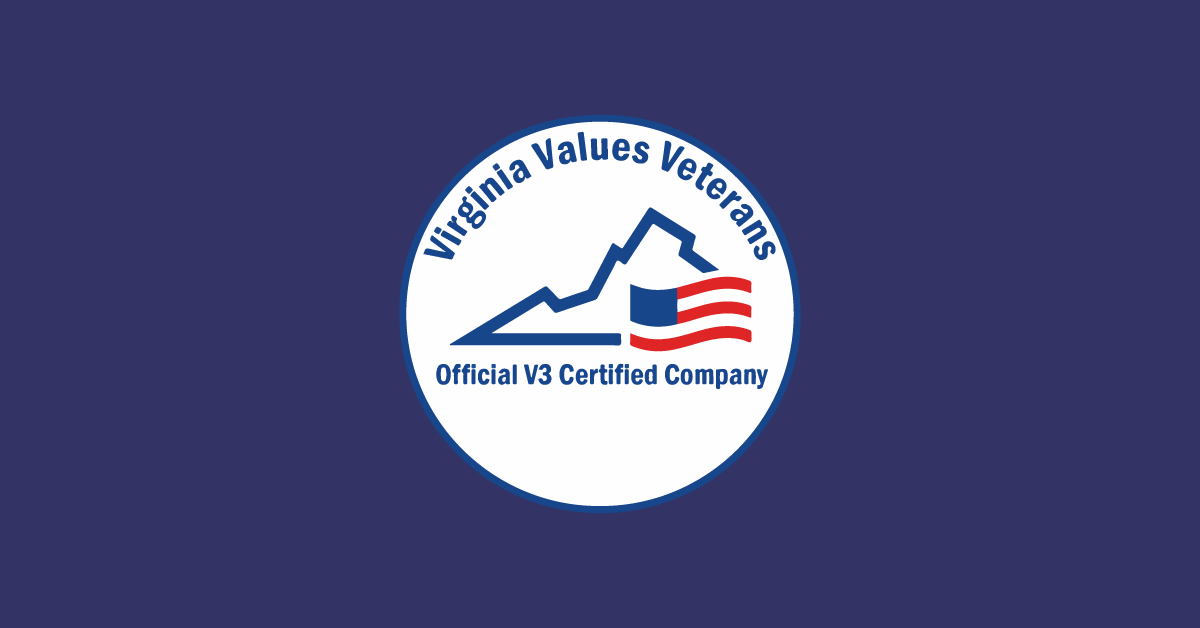3 min read
Building Culture That Works: Cobb Tech Named One of VA's Best
Cobb Technologies has been honored as one of the 2025 Best Places to Work in Virginia by Virginia Business and Best Companies Group. This prestigious...

The need to access your work-based files and documents securely is paramount in today’s forced remote work situation. But when working from home, how are you supposed to access files stored on your business’ network securely?
There are two options available to you: VPNs, and KVM software.
A VPN, which stands for Virtual Private Network, transforms your home’s wi-fi into a private network. While your wi-fi may be password protected, the data that travels through it isn’t encrypted.
This means that when visiting a website without a VPN, anyone who has gained access to your network can read, store, and analyze any data that passes between your device, and the website itself — and this works in the same way if you’re connecting to your business’ network.
A good VPN will prevent the logging of any of this data, as well as create end-to-end encryption between the two networks that are communicating with each other. And once a VPN had connected to your business’ network, you’ll be able to access your company’s server as if you were in the building. This makes accessing your files truly simple, and will provide you with the most secure connection possible.
There is one caveat, however — when using a VPN, it is critical that you only install that VPN on a trusted device. A trusted device is usually your laptop provided to you by your employer, and will be subject to the security guidelines your business’ digital ecosystem maintains.
This means your trusted device will have up-to-date anti-virus software, a firewall, and any other protective measures your company has put in place.
If you use an unsecured device in tandem with a VPN, it’s akin to the myth of an ostrich burying its head in the sand due to the threat of a lion — your connection may be secure, but one of your endpoints is not.
End-to-end encryption is only as secure as the endpoints — and if your personal laptop or device that has the VPN installed is hacked, or has been hacked, the culprit will be able to hijack your VPN connection, and therefore have access to your business’ network and files.
So, if you plan on using a VPN, make sure you only use a trusted device.
This is where KVM software comes into play. Short for Keyboard, Video, and Mouse, KVM software essentially transforms your laptop into a remote control. Through a KVM client, you can connect to a device in your office (you’ll need credentials from your system administrator), and actually remotely control the device in your physical office.
Your personal laptop’s screen will show you what is happening on your work device in the office — transferring video data in between the two devices. When you perform a keystroke on your personal device at home, that data will be passed to your work device in the office, and same with Mose movements and clicks.
Basically, the KVM client turns your personal device’s screen into a window showing you what the device in your office is doing, and turns your keyboard and mouse into a set of controls.
After this connection has been established, you can access your files in your business’ network just like you were there — because essentially, you are. Since the only data that is passing through your wi-fi at home is that of keyboard, video, and mouse, it’s very difficult for a hacker to interpret or make any sense of this data, ensuring a secure connection between your home and your business’ network.
While using a VPN is a bit easier and more secure than KVM software, both will help you achieve the same goal — what it truly comes down to is whether or not you are using a trusted device.
If the device you are using is up-to-date on all of your business’ security measures, a VPN will work better for you — but if you must use an untrusted device, KVM software is most definitely the best option.
Speak with your system administrator or CIO if you have any questions about whether your device should be considered trusted or untrusted — this will be different for every business, and it’s always best to err on the side of caution when dealing with the treasure trove of data that is your business’ network.

3 min read
Cobb Technologies has been honored as one of the 2025 Best Places to Work in Virginia by Virginia Business and Best Companies Group. This prestigious...

5 min read
Cobb Technologies is honored to hold the SWaM (Small, Women-owned, and Minority-owned Business) certification, awarded by the Commonwealth of...

5 min read
Every year, thousands of Veterans transition from military service to civilian careers in Virginia, bringing invaluable skills and experiences to...